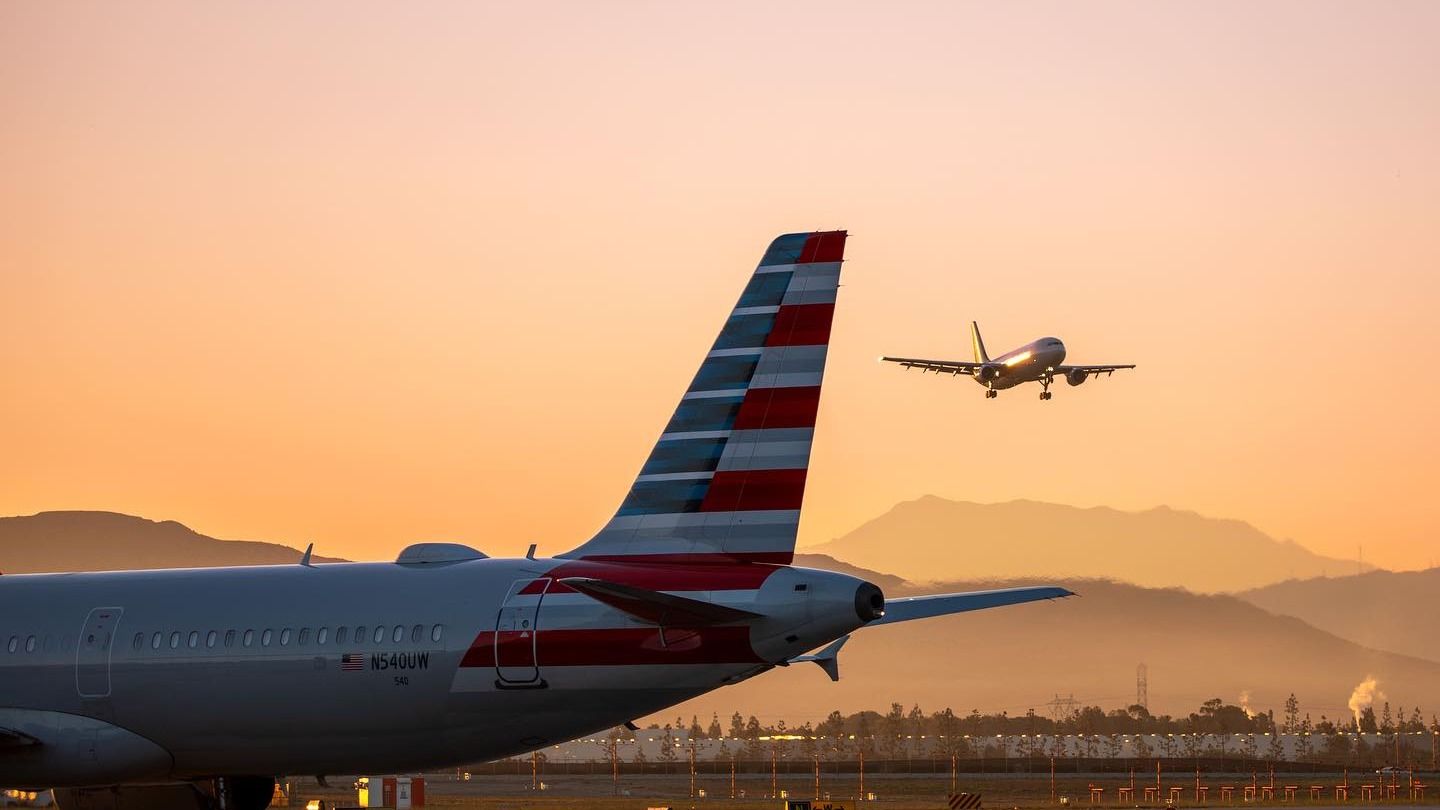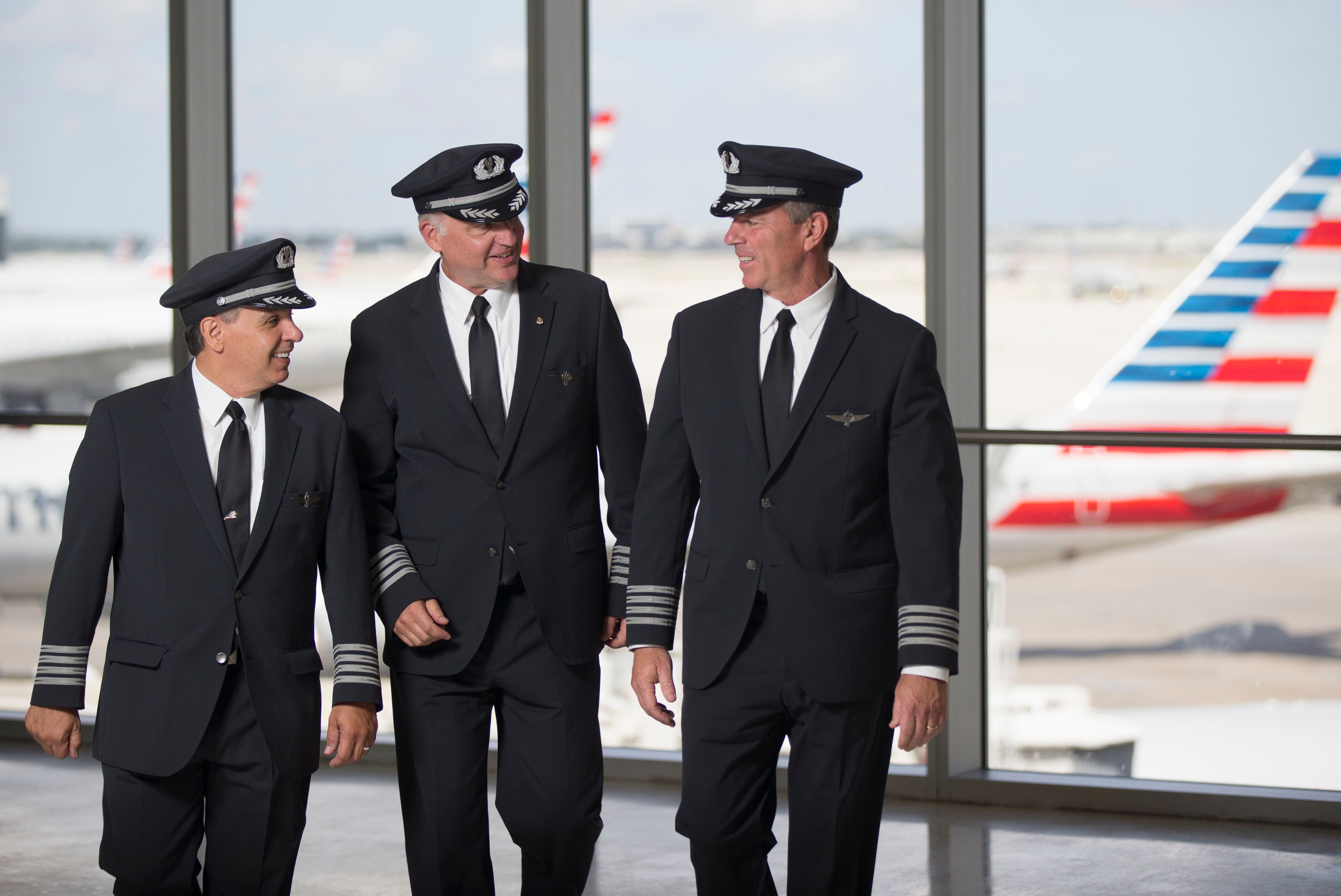Summary
- US airlines are divided over pilots fighting to increase the retirement age, with some veterans claiming discrimination.
- The House passed a bill to raise the age from 65 to 67, but it still needs to be passed by the Senate.
- The Air Line Pilots Association opposes the bill, arguing it would disrupt operations, increase costs, and not solve the pilot shortage.
Airlines in the US seem to be divided over some pilots fighting their unions to increase the retirement age. While some veteran pilots in the industry claim they are being discriminated against, major unions say extending the retirement age could pose a new risk to safety.
Last month, the House passed a bill that would raise the retirement age for pilots from 65 to 67, but the Senate still needs to pass its own version of the legislation. If the bill is passed, it is reportedly estimated that 5,000 pilots will be allowed to continue working over the next two years.
Extending their flying careers
According to Reuters, Bo Ellis is a head pilot at a US airline and has been a devoted member of the Air Line Pilots Association (ALPA) for nearly 40 years. As a co-founder of a coalition of thousands of pilots at carriers including American Airlines, Delta Air Lines, Southwest Airlines, and United Airlines, the 64-year-old is reportedly waging a campaign against the union to extend pilot's careers.
ALPA has since opposed the bill to increase the age limit, arguing that the measure would introduce new safety risks to the aviation system, considering there has not been an official study on the potential implications, according to Reuters.
Get the latest aviation news straight to your inbox: Sign up for our newsletters today.
Disrupting operations
In a campaign against the bill, ALPA explained in a statement to its members how extending the retirement age would be a setback in the industry.
“Raising the retirement age beyond 65 would not be in compliance with international standards and therefore disrupt U.S. airline global operations. It would upend pilot bidding, reduce pilot utilization, create training backlogs, imperil flight operation, expose your union and airlines to significant legal liability, and ultimately require hard-fought-for collective bargaining agreements to be reopened to deal with this issue and its ramifications.”
Rather than increasing the number of pilots amid an ongoing pilot shortage, the union also explained that extending the retirement age would come at a high price and would be felt by passengers.
"This will not increase the supply of pilots. Rather, it will come at a high price with respect to the cost of collective bargaining agreements, pilot labor, and air carrier costs and flying—all of which will be passed on to consumers," APLA said.
Since the International Civil Aviation Organization (ICAO) established a standard that does not allow pilots aged 65 or older to fly internationally, raising the retirement age would not necessarily benefit airlines' international operations.
If the age limit is increased, it would reportedly put pilot retirement in line with the minimum federal retirement age, allowing them to receive full social security benefits. Ellis accused ALPA of "politicizing" safety, claiming that senior pilots are "by far much safer" due to their experience, according to Reuters.
"My own union is being discriminatory against me," the pilot said.
Pilots and airlines are divided
Following internal emails obtained by Reuters and interviews with a dozen pilots, many are divided over the matter. Some pilots also requested not to have their employers identified out of fear of losing their jobs. The age limit would only be extended if the Senate passes its version of the bill before the Federal Aviation Administration's reauthorization on September 30th, according to NBC News.
Similar to pilots, airlines also seem to be split. Barry Biffle, the CEO of ultra-low-cost carrier Frontier Airlines reportedly believes pilots should be permitted to fly as long as they clear medical tests. On the contrary, Reuters reported that United's CEO Scott Kirby said lifting the age limit would not solve the pilot shortage, claiming 36% of the airline's pilots who were 64 years old were out on long-term or short-term medical leave last year.



